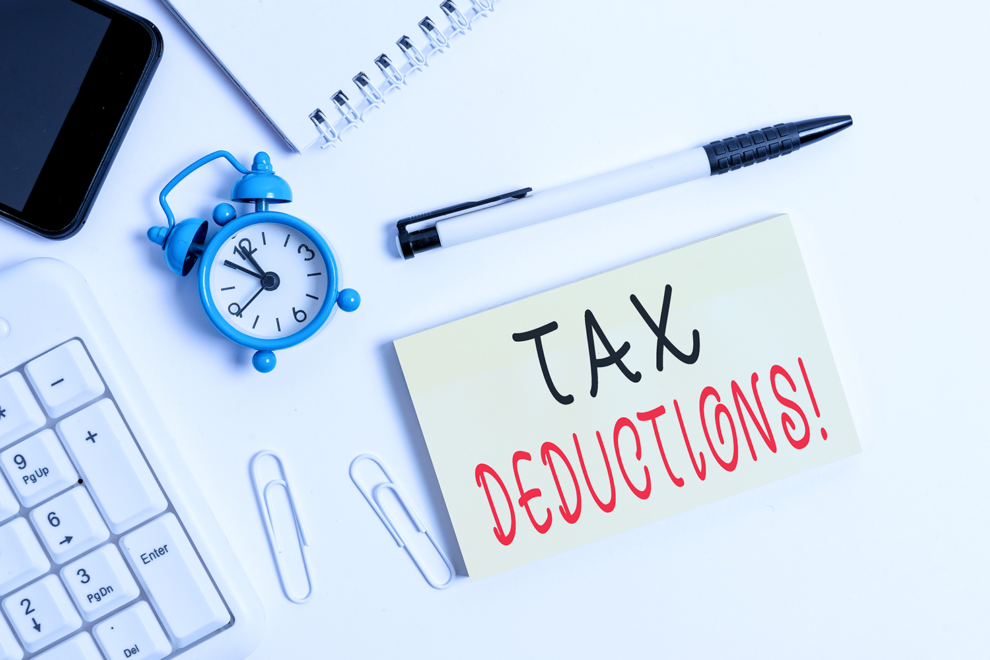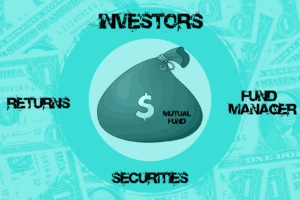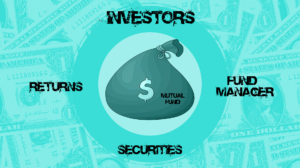If you want to build your wealth and secure your financial future, investing is a great way. However, you must be fully aware of the tax implications that come with it. Taxes can significantly impact your investment returns, but with the proper knowledge and strategy, your tax liability can be minimized to maximize your profits; this is where a comprehensive guide to understanding tax implications comes in handy.
Understanding Tax Implications
When you invest, you’re essentially putting your money to work in hopes of earning a return. However, depending on your investment type, you may be subject to different kinds of taxes, and understanding these taxes is crucial to maximizing your investment returns.
One common type of tax most investors face is capital gains tax. You pay this tax on the profit you earn when you sell an investment. Your tax depends on how long you hold the asset before selling it. If you keep it for more than one year, you have to pay a long-term capital gains tax, typically lower than the short-term capital gains tax that you would pay if you held the investment for a year or less.
Another type of tax that investors may face is the dividend tax, which you pay on the income you earn from your investments. Dividends are payments made to shareholders from the income of the company. You pay tax at a higher rate on dividends than you do on capital gains.
Types of Investments and Their Tax Implications
When it comes to investing, you can make many different types of investments, and every kind of investment comes with its tax implications. Let’s explore some of the most common assets and how they’re taxed.
Capital Gain Taxes
As mentioned earlier, capital gains tax is a tax on the profit you earn when you sell an investment. Your tax depends on how long you hold the asset before selling it. If you have the investment for over a year, you pay long-term capital gains tax, typically lower than the short-term capital gains tax if you held the investment for a year or less.
Tax-loss harvesting is one way to minimize your capital gains tax liability; this is a strategy where you sell investments that have declined in value to offset the gains from other investments. Doing this can reduce your tax liability and increase your after-tax returns.
Tax-Deferred Investing
Another way to minimize your tax liability is by using tax-deferred investing; this is a strategy where you invest in a retirement account, such as a 401(k) or IRA, that allows you to defer from paying taxes on your investment earnings until you withdraw the money in retirement.
The advantage of tax-deferred investing is that it allows you to grow your money tax-free, which can significantly increase your investment returns over time. However, remember that when you withdraw the money in retirement, you’ll pay taxes on the money you withdraw at your current tax rate.
Tax-Free Investing
Another type of tax-advantaged investing is tax-free investing. Tax-free investing is a strategy where you invest in municipal bonds that the state and local governments issue and are exempt from federal income tax.
The advantage of tax-free investing is that you can earn a tax-free return on your investment, which can significantly increase your after-tax returns. However, remember that the interest you earn on municipal bonds may still be subject to state and local taxes. It depends on the area you live in and the laws there.
Tax-Efficient Investing Strategies
In addition to using tax-advantaged investment vehicles, you can use other tax-efficient investing strategies to minimize your tax liability. One such strategy is asset location, which involves placing your investments in the most tax-efficient account type.
For example, place your investments that generate the most income, such as bonds, in a tax-deferred account while placing your assets that create a minor income, such as stocks, in a taxable account. Doing this minimizes your tax liability and increases your after-tax returns.
Another tax-efficient investing strategy is to avoid frequent trading. Buying and selling investments too often may trigger capital gains taxes, which can eat into your investment returns. Instead, consider a buy-and-hold strategy, holding onto your assets for the long term and only selling them when you need the money.
Hiring a Tax Professional for Investing Advice
Investing can be complicated, especially when it comes to taxes. Hiring a tax professional for investment advice may be a good idea. A tax professional can help you develop a tax-efficient investing strategy for your needs and goals. More so, a tax professional will be able to help you navigate complex tax laws and regulations, which can help you avoid costly mistakes that impact your investment returns.
Conclusion
If you want to build wealth and secure your financial future, investing is a great way. However, it’s vital that you are aware of the tax implications that come with it. By understanding the different types of taxes that apply to investments and using tax-efficient investing strategies, you can minimize your tax liability and maximize your profits. Consider working with a tax professional for investment advice and guidance. You can invest wisely with the proper advice from someone whose knowledgeable on all the tax implications.
Being wise about where you put your money is crucial to securing your financial future. Understanding the tax implications of investing and using tax-efficient investing strategies can minimize your tax liability and maximize your returns. If you are an experienced investor or just getting started, it’s crucial to stay informed about the different types of taxes that apply to investments and the various investment vehicles that offer tax advantages. By doing so, you can make informed investment decisions to help achieve your financial goals.


















